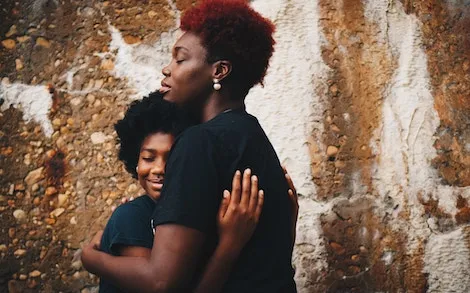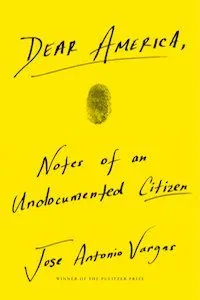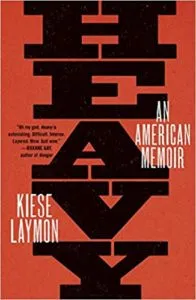
Five Nonfiction Books for the New American Family
This content contains affiliate links. When you buy through these links, we may earn an affiliate commission.
The shape of the American family has taken a drastic shift in this last generation. The reality is that this “family” is made up of a multiverse of shape, size, color, creed, gender that is now being recognized and represented. Single women are on the rise, the birth rate is lower, multi-parent families are more common, and polyamory and the chosen family are starting to find a foothold of legitimacy in mainstream society.
Yet the more we learn, the more we are learning about how family impacts our relationships with race, gender, money, place, and almost every other aspect of our lives. Here are five nonfiction books that help us look at these ideas up close.
To understand the American family, we must understand American immigration. Dear America is a journalistic memoir by Pulitzer Prize-winning writer Jose Antonio Vargas. While it isn’t directly about family, Vargas’s story would be incomplete without understanding how his status as an undocumented American has profoundly influenced his relationship with his mother, his grandparents and many of the members of his chosen family who have come along the way.
This stunning memoir by writer and teacher Kiese Laymon is written as an open letter to his mother. It is unflinchingly staring down the author’s life looking at body image, diet, childhood, teaching, race, addiction, and more. Much of the book is filtered through the lens of family. Who Laymon became has so much to do with his mother and his grandmother. Yes, it is complicated, but it is also deeply true.













